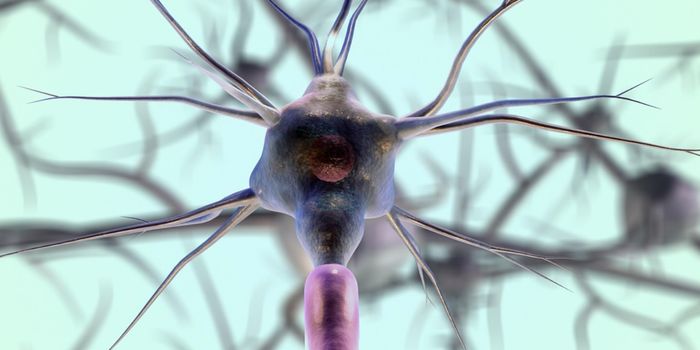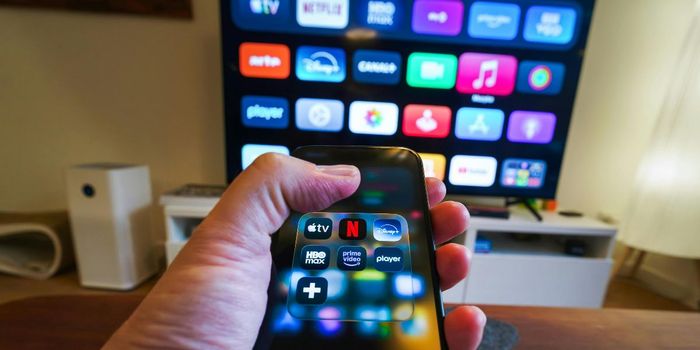When haters hate the vmPFC protects your self-concept
It's tough to learn people don't see you as the talented, charming, or intelligent person you think you are. New research points to precisely where your talentless, dull, and stupid brain pushes back against shifting your self-concept.
Image Credit Elder et al., Journal of Neuroscience
New research from the University of California Riverside sheds light on where social feedback is processed to change our self-concept. In a study with 46 undergraduate participants, researchers Elder et al. used fMRI machines to see how the traits we say we possess in a self-evaluation task change with information from a fake school admissions committee.
They found that when people receive feedback about who they are, they put energy behind maintaining two things: a positive self-view and a coherent view of their traits.
The participants were faster at learning or incorporating positive feedback than negative feedback.
Furthermore, their wiliness to change perspectives depended on semantics. The more connected we feel two traits are like funny and witty, the less likely we will ascribe to one and not the other. Semantics form a web called a "network community" of traits. Traits varied in their strength and number of connections to other traits.
When receiving feedback on one trait, it informed the participant's perspective on semantically related personal characteristics within this network community. The more connected a trait was to others, a measure of its outdegree, the stronger it was in the face of fake committee members.
This differing feedback was processed in several brain regions, including the ventral medial prefrontal cortex (vmPFC). This area was sensitive to the difference between social feedback and our self-concept. Another thing that predicted vmPFC response was the level of outdegree a trait possessed. This suggests that our semantic view of traits dictates our ability to adjust to social feedback, constraining us to primarily promote self-concept positivity and coherence.
Overall, the research provides evidence for a dynamic process in the brain responsible for a "working self-concept." This concept is highly dependent on our semantic representations of characteristic traits.
The study helps us better understand our limitations in self-view flexibility and how our brains respond to challenging feedback. Our limitations in self-view flexibility are mirrored in the activity of our brains when presented with difficult feedback suggesting that all of us should ascribe to the trait characteristic of "stubborn."
Sources: Journal of Neuroscience









